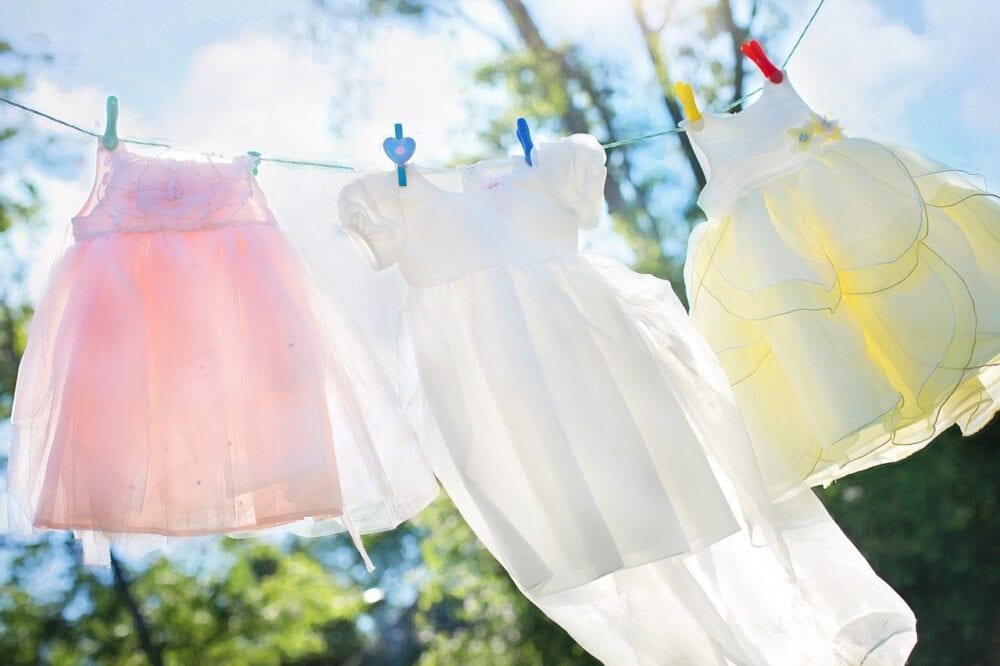80% of parents rethink laundry post Covid-19
No data
Latest News
A recent consumer study by Ebac finds that the large increase in laundry for parents during Covid-19 has environmental implications and changed habits.
The study found:
– Washing machine usage increased by 36% during lockdown – enough water to fill 8,000 Olympic-sized swimming pools
– 80% of parents are concerned about washing machines environmental impact
– Third of parents doing smaller daily loads to prevent COVID-19 spread
– Increase in washes has led to an extra 14 million plastic microfibres per household being released during lockdown
The research found that parents have increased the volume of laundry they carry out by over a third (36 per cent). The average family home has done an average of 6.4 washes per week during lockdown, and a third of parents have done smaller daily loads every day to help prevent the virus.
1 in 4 of those surveyed have been asked to wash clothes by their children’s schools at the end of each day. According to the Energy Saving Trust, 20131, the average household does 244 washes per year, this research suggests it has increased to 333 washes.
The environment impact of additional washes
John Elliott, Ebac’s founder and chief executive said: “The pandemic has changed our lives in so many ways and that includes routine chores such as the laundry. Parents are facing an increased requirement to do frequent loads of washing to help combat the spread of the virus. This brings with it challenges in terms of time and drying space and avoiding noise for those working from home and with small children.
“Parents are conscious of the environmental impact of their daily habits. However, while some believe the pandemic has given us the opportunity for a green recovery, our habits have changed to go against this tide. At Ebac, we build our washing machines and dehumidifiers for people and for the environment.
“Today, washing machines receive awards based on their ability to wash severe stains without pre-treatment, the majority of washes do not need this. This has led to machines that overwash, causing not only damage to garments but unnecessary use of water, electricity and an increase in microplastics and microfibres being released into the oceans. With an increased requirement to keep our clothes clean and virus free, the time is now to question the environmental impact and commitment to sustainability of your manufacturers.
“As the only British manufacturer of washing machines, we take pride in delivering a reduced carbon footprint. We are also committed to providing products that are built to last. The public has spoken and we have listened and delivered 100,000 hours of research, development and testing.”


© 2024 THE MEDIA SNUG ALL RIGHTS RESERVED - COMPANY NUMBER 06380497